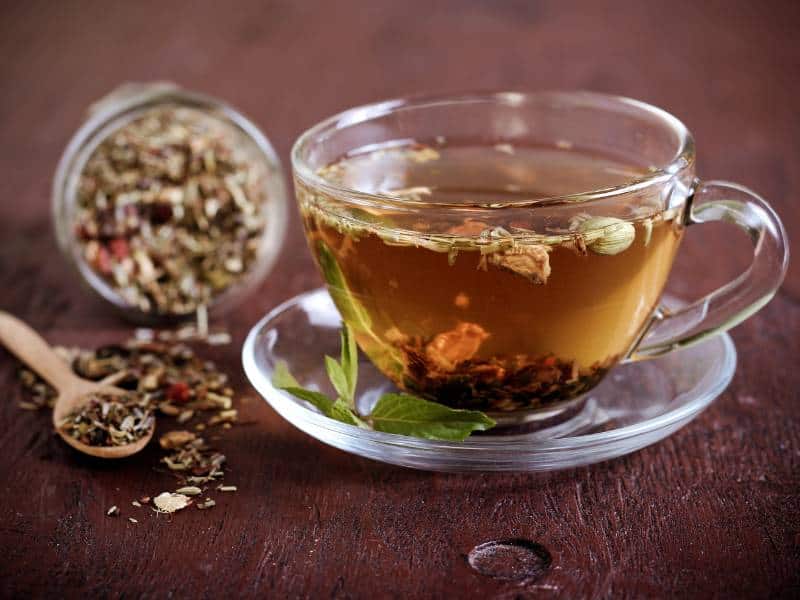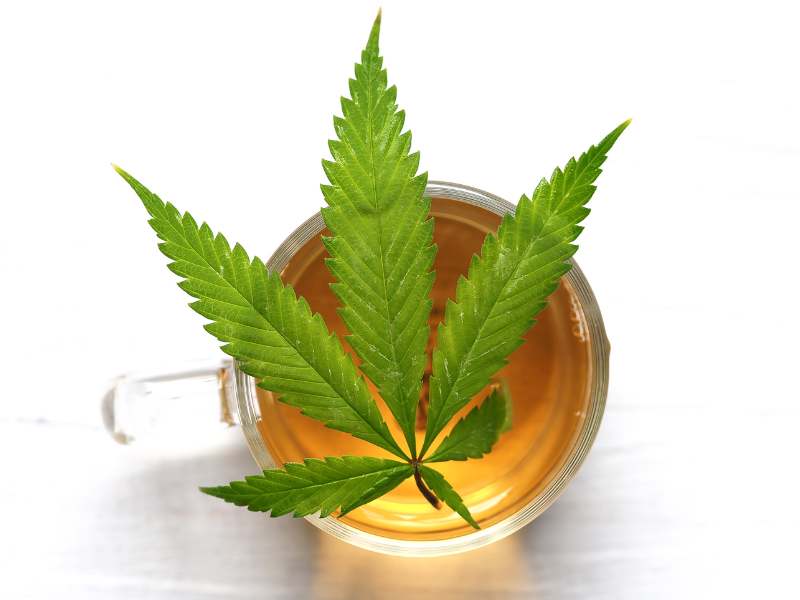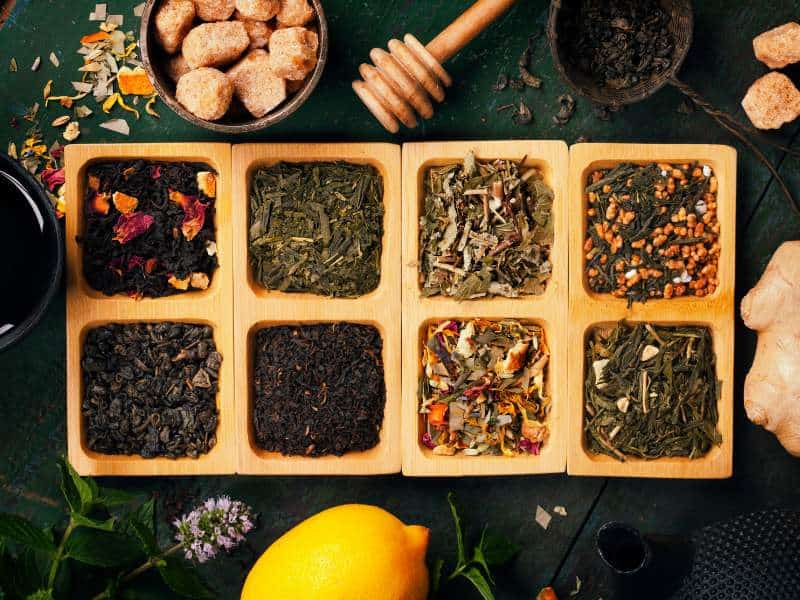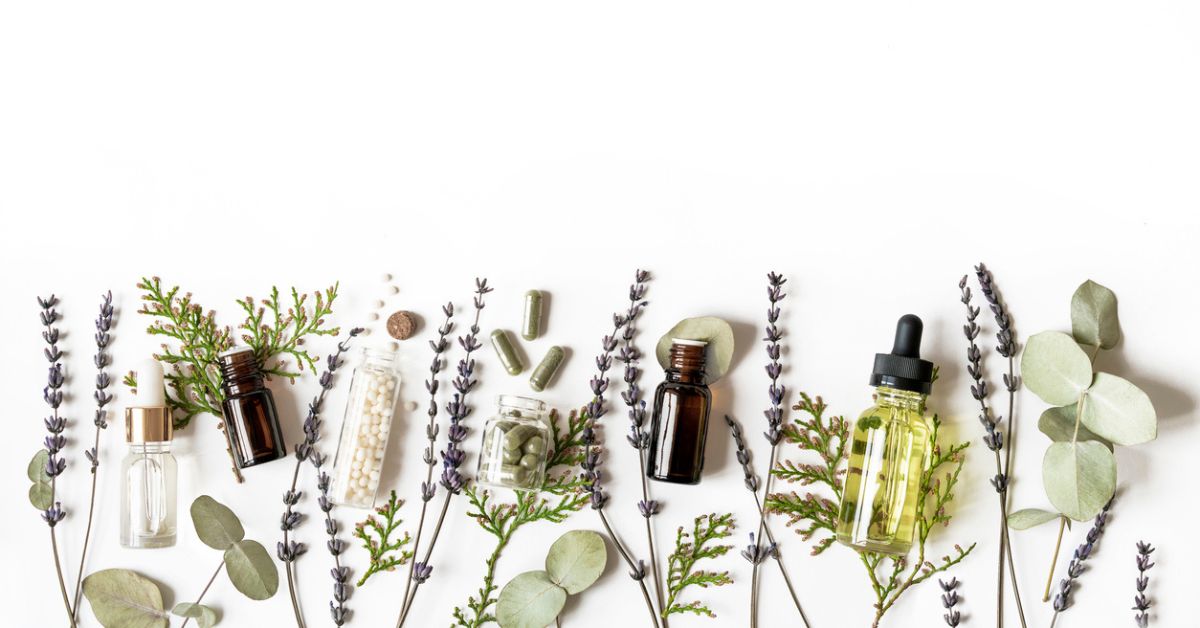The Health Benefits of Herbal Teas
Herbal teas boast a diverse array of health benefits, thanks to the unique properties of the herbs from which they are made. Chamomile tea, for instance, is celebrated for its calming effects. The natural compounds in chamomile, particularly apigenin, bind to receptors in the brain that help decrease anxiety and promote sleep, making it an excellent remedy for stress and insomnia. Peppermint tea is another favorite, often consumed for its digestive benefits. The menthol in peppermint acts as a muscle relaxant, helping to ease bloating, gas, and nausea, and providing relief from indigestion. Ginseng tea, derived from the root of the ginseng plant, is valued for its potential to boost energy levels and improve cognitive function. The active compounds in ginseng, known as ginsenosides, have been shown to enhance brain function, reduce fatigue, and even improve mood, making it a popular choice for those looking to increase mental alertness and physical vitality.

How to Brew Herbal Teas
Brewing herbal teas is a simple yet rewarding process that allows you to extract the maximum benefits from the herbs. To start, use freshly boiled water to ensure that the heat is sufficient to release the beneficial compounds in the herbs. For most herbal teas, a steeping time of 5-10 minutes is recommended, though this can vary depending on the specific herb and desired strength. Delicate herbs like chamomile and green tea should be steeped at slightly lower temperatures (around 85°C or 185°F) to preserve their delicate flavors and prevent bitterness. For stronger herbs like ginger or peppermint, a full boil (100°C or 212°F) is ideal to fully extract their potent properties. Using a covered teapot or mug during steeping helps retain the heat and essential oils, enhancing the tea’s flavor and benefits. After steeping, strain the herbs or remove the tea bag, and enjoy your freshly brewed herbal tea.

Exploring Cannabis-Derived Herbal Teas
One fascinating subset of herbal teas includes those infused with cannabis derivatives, such as CBD (cannabidiol) or THC (tetrahydrocannabinol). These cannabis-infused teas offer a gentle and alternative way to consume cannabinoids, providing potential health benefits without the intoxicating effects associated with smoking or vaping. CBD-infused teas are particularly popular for their anti-inflammatory and anxiety-reducing properties. Studies have suggested that CBD can help reduce chronic pain and inflammation, and its calming effects make it appealing for individuals dealing with anxiety or stress. On the other hand, THC-infused teas, where legally available, offer mild psychoactive effects that can help with pain relief, appetite stimulation, and nausea reduction. For those looking to explore the therapeutic benefits of cannabis without the high, hemp-based CBD teas are a legal and accessible option in many regions.
Incorporating Herbal Teas into Your Routine
Incorporating herbal teas into your daily routine can be a delightful and beneficial practice. Starting your day with a cup of energizing ginseng tea can provide a natural boost to help you feel alert and ready for the day. In the afternoon, a cup of peppermint tea can aid digestion and help you stay refreshed. To wind down in the evening, a calming lavender or chamomile blend can prepare your body and mind for a restful night’s sleep. Experiment with different herbs and combinations to find which ones resonate best with your taste preferences and wellness goals. For instance, blending ginger with lemon can create a zesty and invigorating drink, while mixing rose petals with hibiscus results in a fragrant and tangy infusion. Always remember to source high-quality herbs from reputable suppliers to ensure potency and purity. Organic options are often preferred to avoid the intake of pesticides and other chemicals. By making herbal teas a regular part of your routine, you can enjoy their varied health benefits and enhance your overall well-being.

